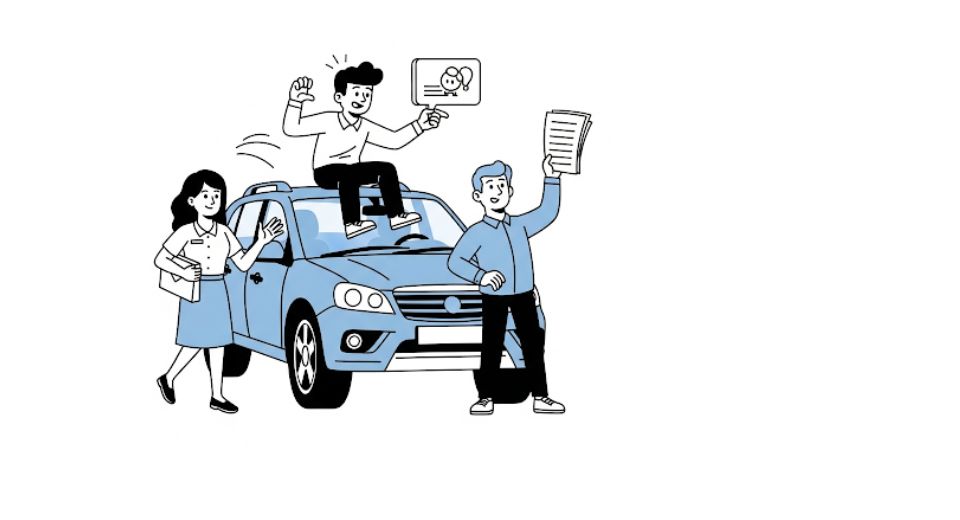
May 20, 2025

It is a recent report that has been released by Metastat Insight that has shed light on the evolution and nuanced evolutions that guide the global liability insurance market, highlighting how institutions and companies respond to growing demands surrounding protection and accountability. In today's globalized professional environment, liability has emerged as a matter of financial and reputational concern. Irrespective of whether it is responding to threats arising from corporate activities, professional services, or public engagements, liability insurance is a strategic response to the complex risk profiles. The market has not remained stagnant but has also changed to increasingly represent the nature of exposure it is designed to respond to, as far greater attention has been paid to perceived weaknesses.
Companies across different sectors are becoming exposed to a wide array of legal duties, extending beyond simple accidents. These duties cover professional conduct, environmental stewardship, product performance, internet practices, and employee activities. With more contractual duties and public pressures mounting, organizations increasingly require structured cover that not only offers financial indemnity but also strategic assurance. The idea is not only about loss prevention anymore, but about enabling continuity in an environment in which one misstep can spark costly lawsuits or reputational harm. Liability insurance policies are evolving in purpose and shape to accommodate the demands of traditional operations and emerging practices in response.
For those offering such policies, the challenge is not so much in the management of claims as in correctly valuing risk in an economic situation that is far from stable. The underwriting itself has become more sophisticated with consideration of industry-related trends, legislative shifts, and behavioral tendencies. Providers will generally carry out a deliberate review of each client's working footprint, ensuring premiums and coverage for an honest measurement of exposure. This is the level of monitoring that extends to service delivery, with insurers operating hand in hand with customers to encourage preventative behavior and ongoing compliance. Such partnership ensures that protection not only finds its way into the policy contract but into the day-to-day conduct of operation.
What makes the global liability insurance market unique is its dynamic nature and its responsiveness to legal and social pressures. Consequent to greater visibility of workplace ethics, data governance, and consumer rights is the broader net of perceived liability. Wittingly or unwittingly, what a business does can have unintended consequences, and the instruments of the legal machinery to manage these consequences are getting stronger. Liability insurance is no longer lurking in the shadows of corporate decision-making. Instead, it is a subject that gets discussed frequently by executives, boards, and lawyers during strategy sessions and business planning.
Policyholders increasingly demand highly tailored packages that can accommodate the unique subtleties of their industries. What once was a mass-market product has been redefined to encompass bespoke industry details. From product liability issues of producers to technology firms looking at errors and omissions coverage, insurance comes to mind in terms of operational integrity. Even where business is in industries of lesser obvious risks, such as education or not-for-profit endeavors, the effects of perceived harm or neglect are real and measurable. Insurance companies, in turn, need to be responsive, providing cover that is not only accurate for past occurrences but also mindful of potential future events.
Commercial value flows through to beyond the point of settlement of a claim. Liability insurance serves as an information signal too, providing assurance to stakeholders, investors, and partners. A well-built liability policy can support a company's reputation for prudent risk management, which can in turn influence recruitment, vendor relationships, and customer loyalty. Liability insurance, thus, is part of broader governance, transparency, and planning approaches. For firms with operations across multiple regions or globally, this visibility is especially important because legal environments differ by jurisdiction and require careful customization of policy protection.
Despite the complexity involved, the global liability insurance market has had a remarkable ability to adapt with incremental shifts in business practice and regulatory advice. Each innovation is a reflection of an acknowledgment of risk as not a distant chance but as a practical feature of everyday life. The best policies are those that become embedded in the in-house practice of a firm as part of the way that risks are thought about, debated, and countered. Insurance in this sense acts as both prod and backstop a formal spur to act with prudence and foresight.
Technology has facilitated this change, perhaps most obviously in claims management and risk modelling. Software allowing for faster reporting, on-the-spot analysis, and forecast modeling is helping insurance firms manage their exposure as well as deliver enhanced service to their customers. Such technologies also help firms internalize the information needed to gain a better understanding of their own exposures and behaviors, leading to more intelligent purchasing and enhanced policy-to-practice congruence. Digital acumen has not replaced judgment and individual know-how within this market, but it has certainly enhanced the effectiveness of decision-making.
The most recent breakthroughs detailed in the global liability insurance market Report authored by Metastat Insight show that defense frameworks that consider prevailing trends and likely development remain relevant today. With companies facing an expanding web of obligation, the security offered by sound liability coverage is more than protection it is a resource. Be it prompted by compliance, corporate ethics, or strategic vision, the need for sophisticated insurance solutions continues unabated. The trend of this market is that liability insurance will keep on dictating not only the way businesses manage risk, but also the way businesses understand responsibility and build trust in an increasingly interconnected world.
Drop us an email at:
Call us on:
+1 214 613 5758
+91 73850 57479